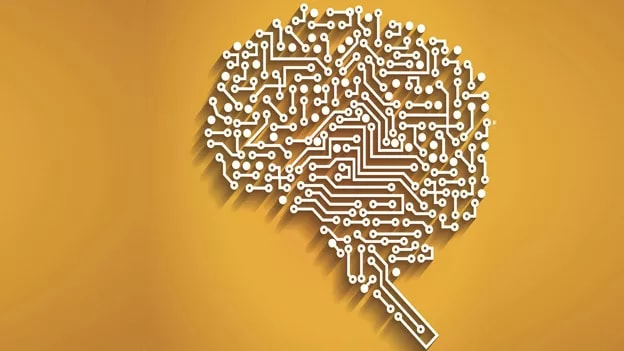Cognitive enabled HR metamorphosis

Talent is one of the most important catalysts in ensuring the continuous success of a company. As organizations go through the digital shift, HR leaders too have to seriously take the lead in digitizing the HR functions. The reason this is critical is because, digitization is the foundation that is paving the way for the Cognitive Era. Clearly the technologies to improve human performance are well under way.
With evolving technologies, HR too needs to continuously evolve to stay in the forefront in order to make a significant business impact. Organizations need a workforce that can readily adapt to an ever-evolving environment with data at the core of all the transformations. HR has to initiate digitization across; scope of using cognitive technologies in HR is limitless.
Cognitive solutions can help HR professionals in their endeavors to create more efficient ways to interact with employees, provide easy access to insights from vast amounts of data, listen deeply to the workforce and deliver information tailored to the needs of the individual.
At IBM we have identified multiple areas wherein cognitive capabilities can offer a host of benefits:
Talent acquisition and onboarding: Cognitive solutions can tap into multiple data sources and reveal new insights to help companies develop richer candidate profiles, position themselves more effectively in the external workforce market, and make better decisions about prospective employees. The talent management software is said to become an $11 billion dollar business by 2019.
Talent development: Cognitive insights can lead to more personalized recommendations for learning and career management. For instance, MyCA (My Career Advisor), a Watson powered virtual mentor who uses cognitive capabilities to deeply understand an employee’s capabilities, the role opportunities in the organization and then matches the two. It can help employees find and try new paths to help them move up in their career, thereby matching the right set of people for the emerging capability requirement.
IBM’s Your Learning also leverages the cognitive platform to help personalize learning and enable individuals plan their career advancements with the help of personalized self-learning programs for both employees and employee engagement. It gives companies better and faster ways to connect their workforce with the skills and education they need to succeed as individuals, which can only help their companies stay ahead of the pack.
Compensation: Cognipay is a cognitive decision support system that helps managers with compensation decisions by recommending individual actions for employees based on 360 degree views of the employees like market competitiveness of their compensation, their unique sets of skills, performance, compensation history etc.
HR operations: Cognitive technologies can simplify complex processes in HR back office operations, especially in payroll administration, employee queries management, support decision making, and providing talent and data insights.
In other words, to succeed, enterprises today, need to offer compelling new experiences, establish new focus, build new expertise and devise new ways of working. In line with that, HR functions too have to realign themselves and are leveraging cognitive technologies that can analyze and track data that can help find and manage talent, enable learning, and aid in HR operations.















